Rhinoplasty Turkey: Is It Safe? Expert Info
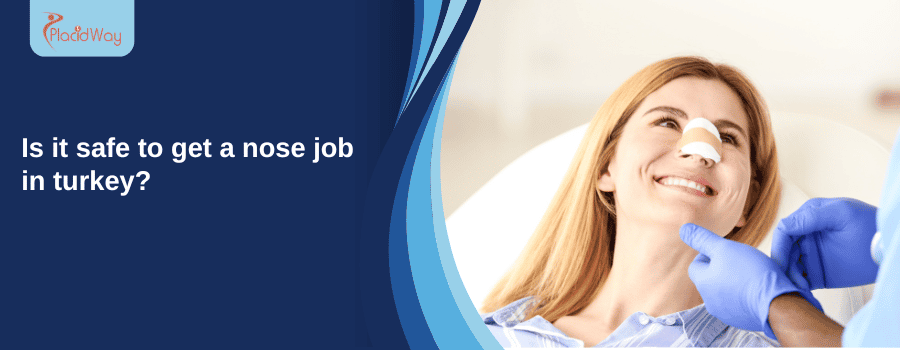
Considering a nose job in Turkey? You're not alone. Turkey has become a global hub for cosmetic procedures, especially rhinoplasty (the medical term for a nose job). The primary draw is often the significantly lower cost compared to countries in Western Europe or North America. But the big question on everyone's mind is: is it actually safe?
The short answer is: yes, getting a nose job in Turkey can be very safe, provided you do thorough research and choose a reputable surgeon and clinic. Many Turkish medical facilities boast international accreditations, experienced surgeons, and state-of-the-art technology. However, like any surgical procedure anywhere in the world, there are risks involved, and it's crucial to be well-informed. This guide will walk you through everything you need to know to make a safe and informed decision about your rhinoplasty in Turkey.
What Makes a Nose Job in Turkey Potentially Safe?
"A nose job in Turkey can be safe if patients select accredited clinics, verify surgeon credentials, and understand the entire process, including aftercare."
Turkey's reputation in medical tourism isn't accidental. Several factors contribute to the potential for safe and successful rhinoplasty procedures:
- Experienced and Qualified Surgeons: Many Turkish plastic surgeons have trained internationally, often in Europe or the United States. They are frequently members of international societies like the International Society of Aesthetic Plastic Surgery (ISAPS) or the European Board of Plastic Reconstructive and Aesthetic Surgery (EBOPRAS). Their expertise often includes specialized techniques in rhinoplasty.
- Accredited Facilities: A significant number of hospitals and clinics in Turkey, particularly in major cities like Istanbul, Ankara, and Izmir, hold international accreditations, most notably from the Joint Commission International (JCI). JCI accreditation signifies that a healthcare facility meets rigorous global standards for patient safety and quality of care.
- Advanced Technology: Reputable Turkish clinics invest in modern medical technology, including 3D imaging for pre-surgical planning and advanced surgical tools like piezoelectric (ultrasonic) instruments for more precise bone reshaping with minimal trauma. This can lead to better outcomes and potentially faster recovery times for your nose job in Turkey.
- Strict Regulations: The Turkish Ministry of Health regulates medical facilities and practitioners. Surgeons must be registered with the Turkish Medical Association and clinics must adhere to national standards for hygiene and safety.
While these factors are reassuring, it's vital to remember that the quality can vary. Due diligence on your part is paramount.
Why is Rhinoplasty in Turkey Cheaper?
Many people wonder if the lower cost of a nose job in Turkey means a compromise on quality or safety. This isn't necessarily the case. The primary reasons for the cost difference include:
- Lower Operating Costs: The overall cost of living, salaries, and operational expenses for clinics and hospitals are generally lower in Turkey compared to many Western countries.
- Favorable Exchange Rates: For patients coming from countries with stronger currencies (like the Euro, British Pound, or US Dollar), the exchange rate can make procedures significantly more affordable.
- Government Incentives: The Turkish government actively promotes medical tourism, which can sometimes translate into more competitive pricing structures.
- High Volume of Procedures: Turkish surgeons often perform a high volume of rhinoplasty procedures, which can lead to efficiencies and potentially lower costs per procedure.
It's crucial, however, not to let cost be your only deciding factor. Extremely low prices that seem too good to be true might indicate compromises in safety, surgeon experience, or facility standards. Always prioritize quality and safety over saving a few extra dollars.
How Do I Choose a Safe Clinic for My Nose Job in Turkey?
Selecting the right clinic and surgeon is the most critical step in ensuring a safe rhinoplasty in Turkey. Here’s a checklist to guide you:
Check Clinic Accreditation: Prioritize clinics that are JCI-accredited or accredited by reputable national bodies. You can often verify JCI accreditation directly on their website. Be aware that some clinics might claim affiliation with a JCI-accredited hospital, but the clinic itself might not be accredited.
Research Surgeon Credentials:
Are they board-certified in plastic surgery?
- Are they members of recognized Turkish and international plastic surgery societies (e.g., Turkish Society of Plastic, Reconstructive and Aesthetic Surgery, ISAPS, EBOPRAS)?
- How many rhinoplasty procedures have they performed, specifically ones similar to your case (e.g., ethnic rhinoplasty, revision rhinoplasty)?
- Can you see a portfolio of their before-and-after photos of actual patients?
Read Patient Reviews and Testimonials: Look for detailed reviews on independent platforms, forums, and social media. Pay attention to comments about the surgeon's skill, the clinic's hygiene, the quality of aftercare, and overall patient experience. Be wary of clinics with exclusively positive reviews, as this might not be realistic.
Communication: Ensure clear and comfortable communication with the surgeon and clinic staff. Can they answer all your questions thoroughly in a language you understand? Misunderstandings can lead to dissatisfaction.
Consultation Process: A thorough consultation (even if initially remote) is vital. The surgeon should assess your medical history, discuss your aesthetic goals, explain the proposed technique (open vs. closed rhinoplasty), detail the risks, and manage your expectations. 3D imaging simulations can be helpful.
Facility Standards: Does the clinic operate within a hospital or have affiliations with one for emergency support? Inquire about their hygiene protocols and infection control measures.
What Qualifications Should a Turkish Rhinoplasty Surgeon Have?
Don't hesitate to ask direct questions about your surgeon's qualifications:
- Medical Degree and Specialization: They must have a medical degree and have completed specialized training in plastic, reconstructive, and aesthetic surgery.
- Board Certification: Certification by the Turkish Board of Plastic, Reconstructive and Aesthetic Surgery is a key indicator of competence.
- Fellowships and Advanced Training: Inquire if they have completed any specific fellowships or advanced training in rhinoplasty. Some surgeons even specialize in complex areas like ethnic or revision rhinoplasty.
- Society Memberships: Membership in organizations like the Turkish Society of Plastic, Reconstructive and Aesthetic Surgery (TSPRAS), ISAPS, or EBOPRAS often indicates a commitment to ongoing education and adherence to ethical standards.
- Experience: Ask how many years they have been performing rhinoplasty and the approximate number of procedures they do annually. Experience matters significantly in achieving consistent, good results.
A reputable surgeon will be transparent about their qualifications and happy to provide you with this information.
What are the Potential Risks and Complications of Rhinoplasty in Turkey?
While rhinoplasty is generally safe when performed by a qualified surgeon, it's essential to be aware of potential risks:
General Surgical Risks:
- Infection
- Bleeding (hematoma)
- Adverse reaction to anesthesia
- Poor wound healing or scarring (especially with open rhinoplasty, though scars are usually well-concealed)
- Numbness or changes in skin sensation around the nose
Rhinoplasty-Specific Risks:
- Difficulty breathing through the nose
- Nasal septal perforation (a hole in the nasal septum)
- Asymmetry
- Persistent pain
- Unsatisfactory aesthetic outcome (e.g., the nose doesn't look as expected)
- Need for revision surgery (revision rhinoplasty is often more complex and expensive)
Risks Associated with Medical Tourism:
- Travel-related complications: Flying soon after surgery can increase the risk of blood clots (DVT).
- Language barriers: Miscommunication can lead to misunderstandings about the procedure or aftercare.
- Follow-up care: Managing complications or needing follow-up appointments can be challenging once you've returned home.
- Legal recourse: Understanding your legal rights and the process for malpractice claims can be more complex in a foreign country.
Discuss these risks thoroughly with your surgeon. They should explain how they mitigate these risks and what their protocol is if a complication arises.
What Should I Expect During the Rhinoplasty Consultation in Turkey?
The consultation is a crucial step. Whether it's an initial video call or an in-person meeting, you should expect:
- Discussion of Your Goals: Be prepared to explain what you dislike about your nose and what changes you hope to achieve. Bringing reference photos can be helpful, but remember that your surgeon will advise on what's realistically achievable and harmonious with your overall facial features.
- Medical History Review: Your surgeon will ask about your medical conditions, allergies, previous surgeries (especially any prior nose surgery or trauma), medications, and habits like smoking (which can affect healing).
- Nasal Examination: The surgeon will examine the internal and external structures of your nose, assess skin thickness, cartilage strength, and any functional issues like a deviated septum.
- Explanation of the Procedure: They will discuss the recommended surgical technique (e.g., open rhinoplasty for more complex changes or closed rhinoplasty with incisions hidden inside the nostrils), the type of anesthesia, and the steps involved.
- Risk and Complication Discussion: A good surgeon will openly discuss potential risks and complications.
- Realistic Outcome Visualization: Many clinics use 3D imaging software to give you an idea of the potential results.
- Cost Breakdown: You should receive a clear, itemized quote for the rhinoplasty package, including what's covered (surgeon's fee, anesthesia, hospital stay, pre-op tests, post-op medications, initial follow-ups).
- Opportunity for Questions: This is your chance to ask everything you need to know.
What Questions Should I Ask My Rhinoplasty Surgeon in Turkey?
Prepare a list of questions for your consultation. Here are some important ones:
- Are you a board-certified plastic surgeon?
- How many rhinoplasty procedures do you perform each year?
- How many procedures like mine have you performed?
- Can I see before-and-after photos of your patients who had similar nasal concerns?
- What rhinoplasty technique (open or closed) do you recommend for me and why?
- Where will the surgery be performed (hospital or clinic)? Is it accredited?
- What type of anesthesia will be used, and who will administer it?
- What are the specific risks associated with my procedure?
- What is the expected recovery timeline? How long should I stay in Turkey post-surgery?
- What does the aftercare involve? Who will provide it?
- What is your policy if revision surgery is needed? Who covers the cost?
- What is included in the total cost? Are there any potential additional fees?
- Who will be my point of contact if I have concerns before or after the surgery?
Understanding Rhinoplasty Techniques: Open vs. Closed
- Open Rhinoplasty: The surgeon makes a small incision on the columella, allowing the skin to be lifted, providing a clear view of the underlying nasal structures. This technique is often preferred for more complex reshaping or revision rhinoplasty. The scar is usually very fine and fades significantly over time.
- Closed Rhinoplasty: All incisions are made inside the nostrils. This means no visible external scarring. It's generally suitable for less complex changes. Recovery might be slightly quicker, with potentially less initial swelling.
Your surgeon will recommend the best technique based on your specific nasal anatomy and aesthetic goals for your nose job in Turkey.
What is Ethnic Rhinoplasty and is it Offered in Turkey?
Ethnic rhinoplasty requires a surgeon with a deep understanding of different nasal anatomies and aesthetic ideals across various ethnic groups. The goal is not to create a "Westernized" nose but to refine the nose in a way that harmonizes with the patient's facial features and ethnic identity. If you are considering ethnic rhinoplasty in Turkey, it's crucial to find a surgeon with specific experience and a portfolio demonstrating successful outcomes for patients of similar ethnic backgrounds.
What About Revision Rhinoplasty in Turkey?
If you're unhappy with a previous nose job (whether done in Turkey or elsewhere), revision rhinoplasty may be an option. However, these procedures are typically more challenging due to scar tissue, altered anatomy, and potentially compromised cartilage.
When considering revision rhinoplasty in Turkey:
- Seek a surgeon who specializes in revision cases. Ask to see their portfolio of revision work.
- Be very clear about your concerns with the previous surgery and your desired outcome.
- Understand that revision rhinoplasty often has a higher cost and may involve longer recovery.
- Thoroughly discuss the surgeon's plan and the realistic expectations for improvement.
What is the Recovery Process Like After a Nose Job in Turkey?
Here’s a general timeline:
- Immediately Post-Op: You'll likely have a nasal splint and possibly internal packing (though many surgeons now avoid packing or use dissolvable types). Expect some discomfort, swelling, and bruising. Pain medication will be prescribed.
- First Week: The splint is usually removed around 5-7 days post-op. Bruising and swelling are typically at their peak during this time and then start to subside. You'll need to rest with your head elevated.
- Weeks 2-4: Most significant bruising and swelling should improve. You might feel comfortable returning to light activities and work (if non-strenuous). Avoid blowing your nose and wearing glasses that rest on the bridge of your nose.
- Months 1-3: A lot of the swelling will have gone down, and you'll start to see the new shape of your nose more clearly. However, subtle swelling, especially at the tip, can persist.
- Months 6-12+: The final refined results of your rhinoplasty will emerge as all residual swelling resolves and the tissues settle.
Your clinic should provide detailed post-operative instructions, including how to care for your nose, medication schedules, and activity restrictions.
How Long Should I Stay in Turkey After My Rhinoplasty?
This timeframe allows your surgeon to monitor your initial healing and address any immediate concerns. Flying too soon after surgery can be uncomfortable and may increase risks like swelling or bleeding. Discuss the recommended length of stay with your chosen clinic, as it can vary based on the complexity of your nose job and your individual healing.
What Kind of Aftercare is Provided in Turkey?
Good aftercare is crucial for a successful outcome and a safe recovery. Inquire about:
- Post-operative appointments: How many will you have before you leave Turkey?
- Medications: Will all necessary pain relief, antibiotics, and other medications be provided?
- Emergency contact: Who can you contact if you have urgent concerns after surgery, both while in Turkey and after you return home?
- Long-term follow-up: How does the clinic handle long-term follow-up, especially if you live abroad? Some may offer video consultations.
- Support services: Many clinics catering to international patients offer packages that include accommodation, airport transfers, and translation services, which can greatly ease the logistical aspects of your trip.
Are There Language Barriers to Worry About?
However, it's always a good idea to confirm this with the clinic beforehand. If there's a significant language barrier, it can lead to misunderstandings regarding your medical history, aesthetic goals, or post-operative care. Some patients choose to use a medical tourism facilitator or translator if they are concerned about communication.
What are the Success Rates for Rhinoplasty in Turkey?
It's difficult to give an exact percentage for "success," as it's subjective and depends on various factors, including:
- Surgeon's skill and experience
- Complexity of the procedure
- Patient's adherence to post-operative care
- Patient's individual healing process
- Realistic expectations
The need for revision rhinoplasty is a global statistic, not specific to Turkey, and can range from 5% to 15% even with highly skilled surgeons. Open communication about your desired outcome and understanding the limitations of surgery are key to satisfaction.
What If Something Goes Wrong? Understanding Legal Recourse
This is a critical aspect to consider:
- Clinic's Revision Policy: Clarify the clinic's policy on revisions. If a revision is needed due to a surgical issue, who covers the costs (surgeon's fee, hospital, anesthesia)? Get this in writing if possible.
- Medical Malpractice Insurance: Ask if the surgeon or clinic has medical malpractice insurance.
- Turkish Legal System: Familiarize yourself with your rights as a patient in Turkey. Filing a complaint or pursuing legal action in a foreign country can be challenging and may require local legal representation.
- Travel Insurance: Ensure your travel insurance covers medical emergencies and complications, though it typically won't cover elective surgery dissatisfaction or the cost of revision surgery itself.
Choosing a reputable, well-established clinic with a transparent revision policy can provide some peace of mind.
Final Checklist for a Safe Nose Job in Turkey
- Thorough Research: Don't rush your decision.
- Surgeon Verification: Check credentials, experience, and specialization in rhinoplasty.
- Clinic Accreditation: Prioritize JCI or other reputable accreditations.
- Reviews & Testimonials: Seek diverse and detailed patient feedback.
- Clear Communication: Ensure you can communicate effectively with the medical team.
- Detailed Consultation: Ask all your questions and ensure realistic expectations.
- Written Quote & Policies: Get a clear breakdown of costs and the clinic's revision policy.
- Plan for Aftercare & Recovery: Understand the timeline and how follow-up will be managed.
- Trust Your Instincts: If something feels off, it's okay to reconsider.
Getting a nose job in Turkey can be a safe and positive experience, leading to a desired aesthetic outcome at a more affordable price. However, this hinges on diligent research, careful selection of your surgeon and clinic, and a clear understanding of the entire process, including potential risks and aftercare.
Ready to explore your options for a safe and successful cosmetic procedure abroad? PlacidWay connects you with a global network of accredited clinics and experienced healthcare providers. Discover world-class healthcare solutions and plan your medical journey with confidence. Explore PlacidWay today!


.png)
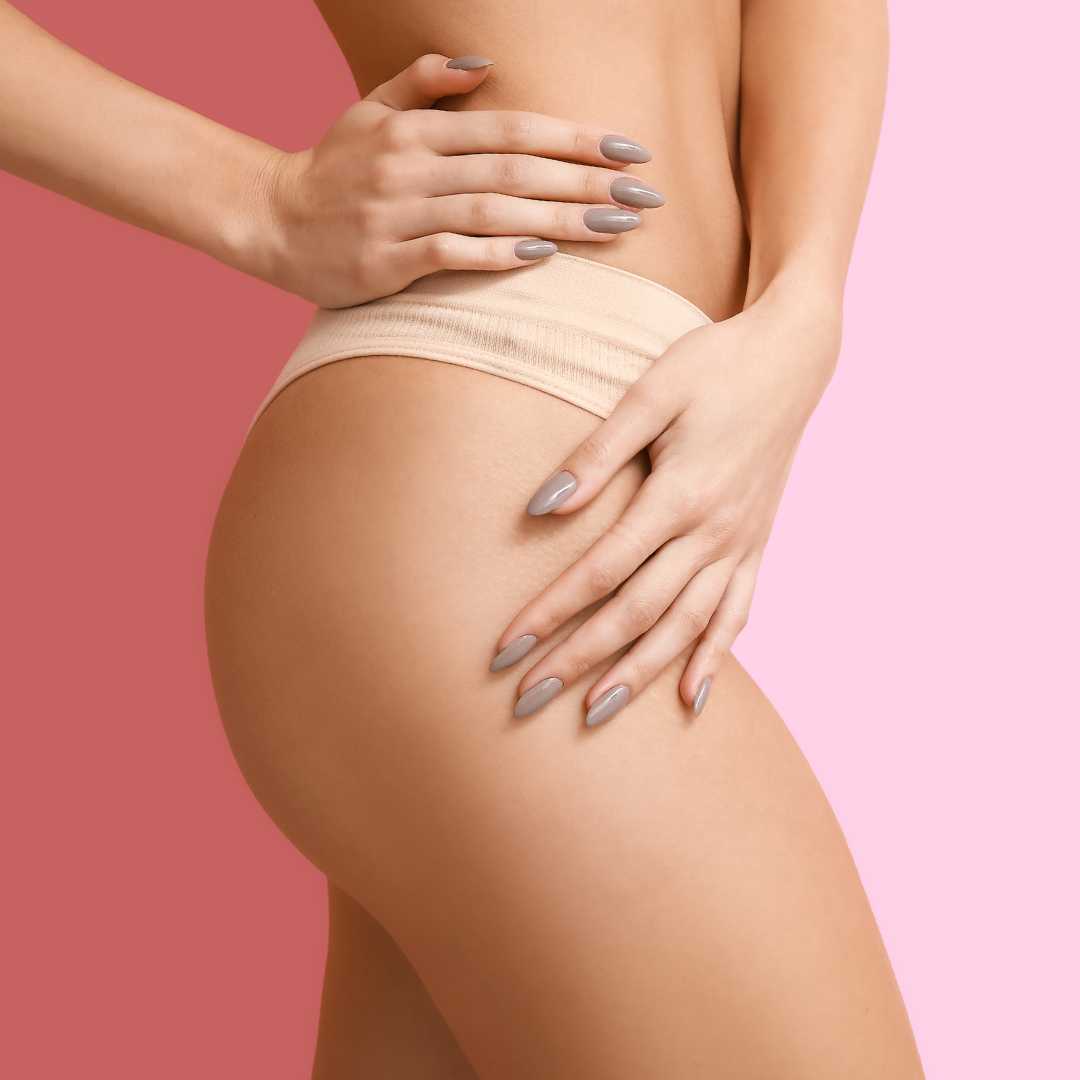

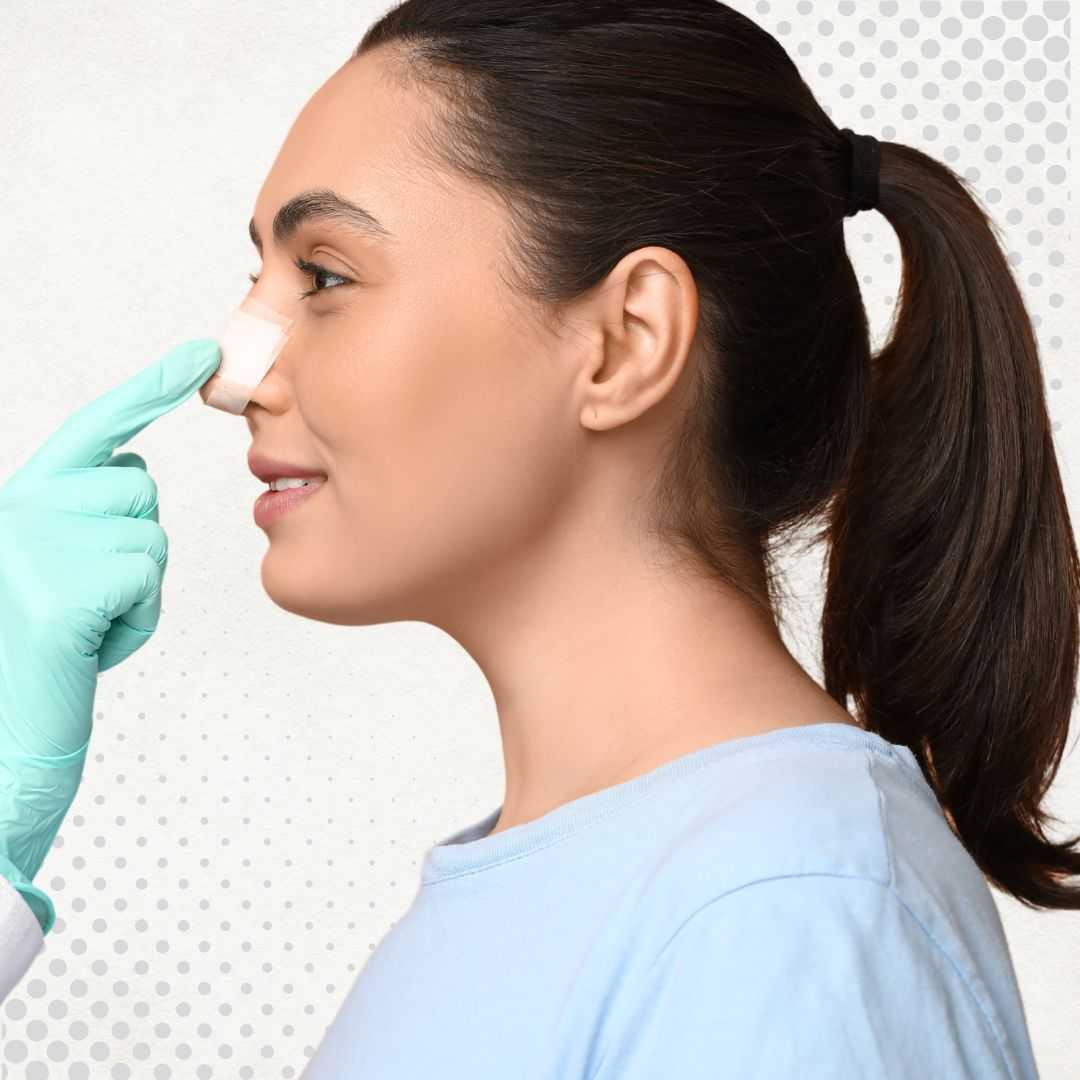

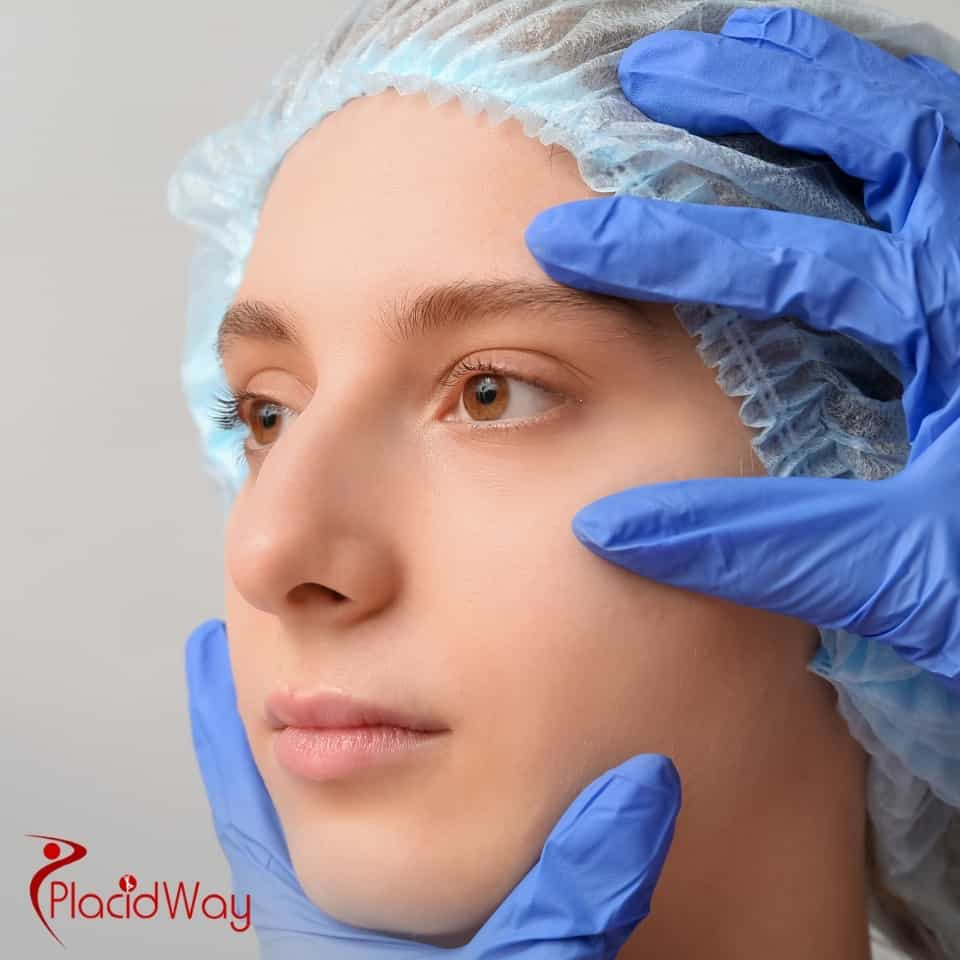
.png)
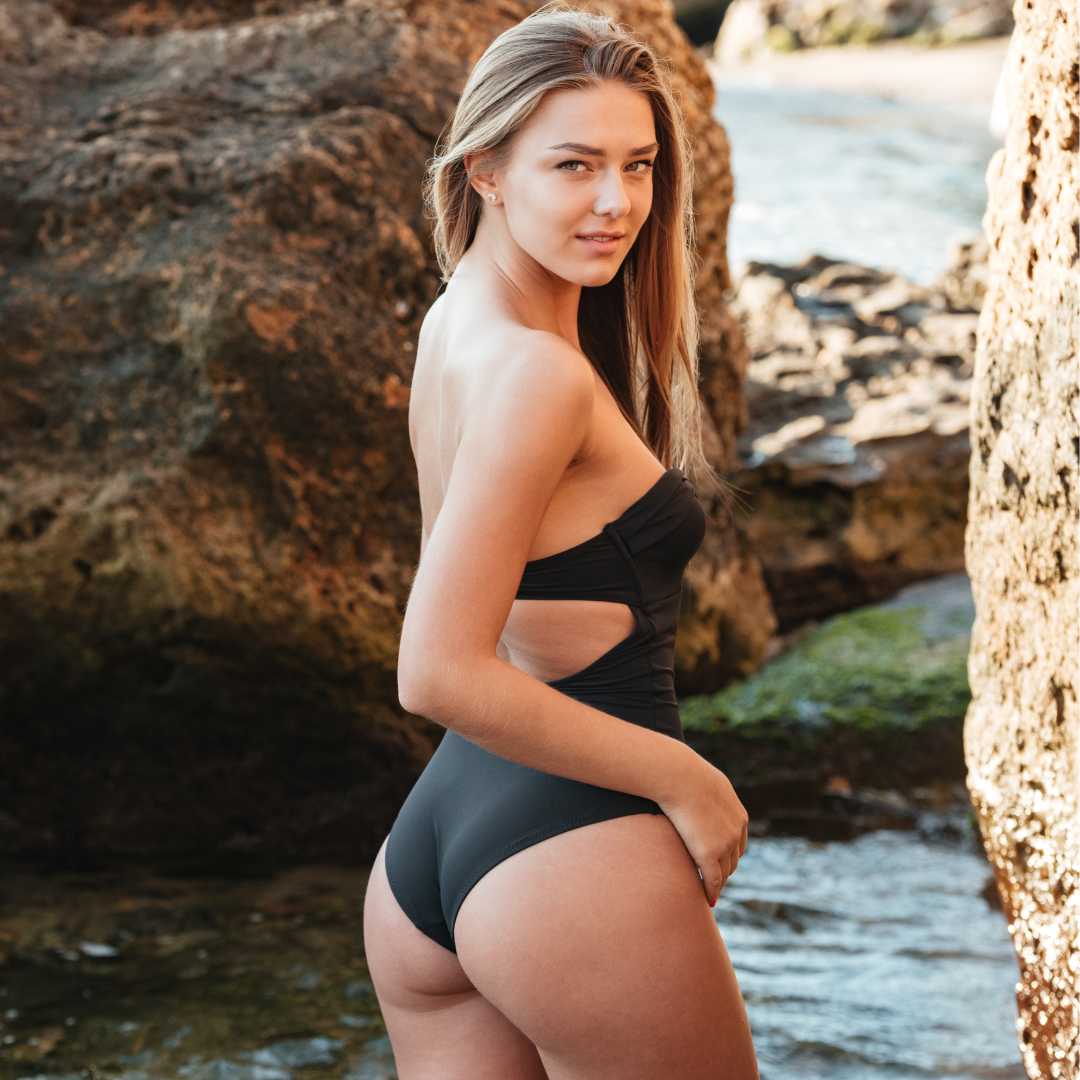
.png)
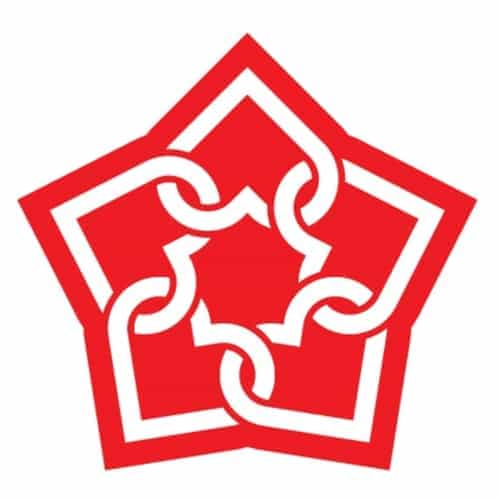





Share this listing